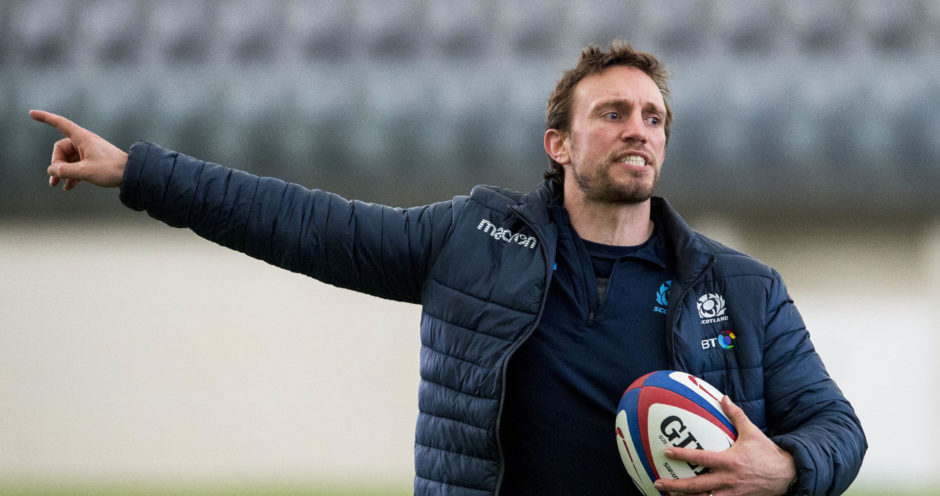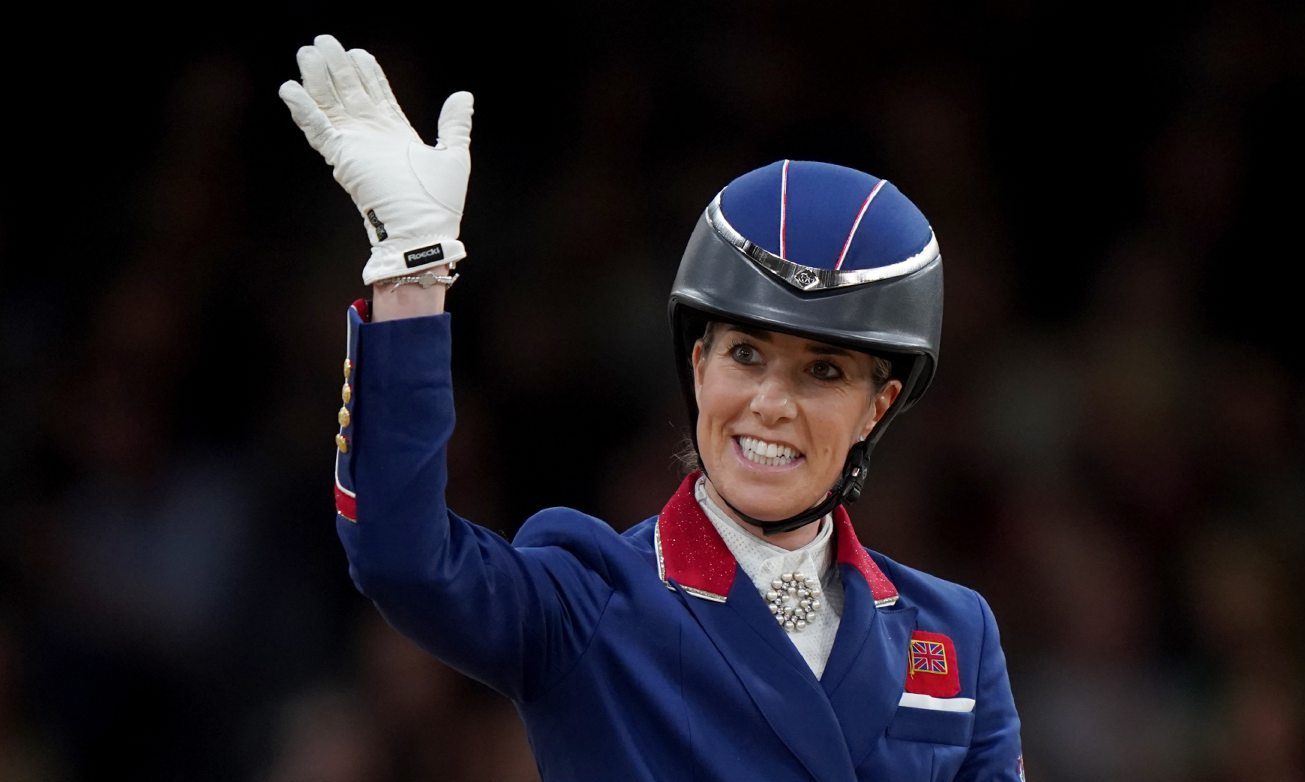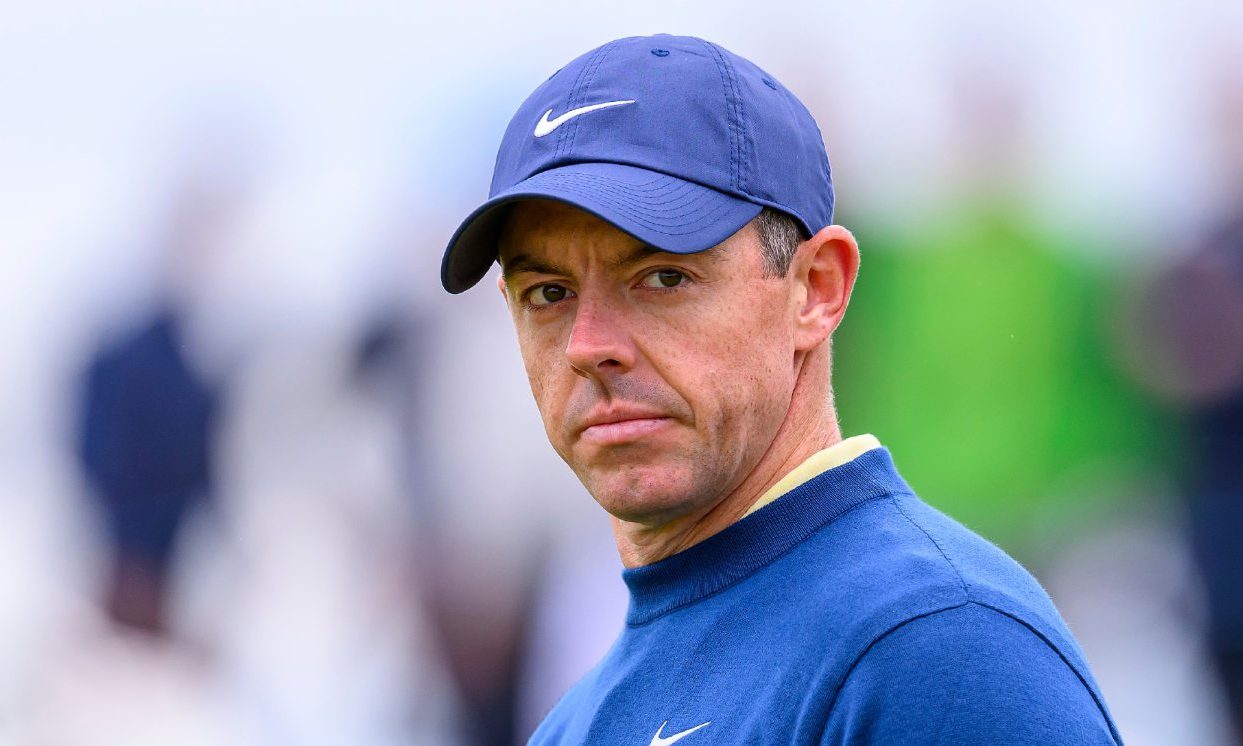So much about captaincy is judging when to go on the attack and when to hold back.
In my experience that’s something you learn as you go along.
Test match cricket was thought to be a dying game, with draws and wasted days seeing public interest wane.
But England captain Ben Stokes’ approach seems to be genuinely changing people’s opinions on that.
He’d rather take a chance on winning and run the risk of losing, rather than settle for a boring anti-climax of an ending.
That was summed up by England’s one run defeat to New Zealand earlier in the week.
I love his quote: “Imagine captaining in hindsight? That’s not something I would ever do.”
And I love how the man who lost the last wicket – one of the all-time greats, Jimmy Anderson – reacted.
He walked off smiling rather than disconsolate because he could see the bigger picture.
Fair play to New Zealand fighting back to win this superb test match after following on. Long live test match cricket! Got to feel for Jimmy Anderson and England coming so close at the end but this is why we all love 5 day test match 🏏 #NZvENG pic.twitter.com/TJ3hzvmrPf
— James (@Surreycricfan) February 28, 2023
I can imagine that Stokes would be a leader his team-mates want to follow because they can see how much he believes in them.
And opponents will sense that this is a guy for whom there’s no such thing as a lost cause.
He and his team have an unpredictability factor in their favour.
When you take a step back, stories like these are so important for the image of a sport.
I’m pretty sure the one game people best remember from my Olympics wasn’t the gold medal match.
It will be the semi-final against Sweden when it swung one way then the other and it took on a life of its own with big score after big score.
It was only after the match that I was told we were 19-19 in our head to heads down the years so that was a pretty good way to find a winner!
Obviously there was a lot of strategy going on in the heat of battle but it’s pretty special to look back and know you were part of a ‘game for the ages’ in your sport that people will talk about for a long time.
I’m intrigued to see if Stokes takes his foot off the accelerator as a captain or if he continues to make like exciting for people watching his team play and always thinks of the reward first rather than the risk.
There’s an Ashes series coming up and we’ll get the answer then!
Mike Blair’s decision to not extend his contract as Edinburgh rugby team’s head coach is quite refreshing.
And I don’t mean just because he seems to have a healthy grasp of the importance of family life, which he has said has played a part in his choice.
What struck me as being a bit different to the norm was his openness that he sees developing into a world class attack coach as a career step forward rather than step back.
It’s so common in sport – football, in particular – for coaches to think that the head coach job is the one they should be striving for like the holy grail.
The way I look at it, if you’re involved in coaching the mindset should be – how can I make the biggest impact?
If that’s in a so-called smaller role, that’s a pretty self-aware conclusion to come arrive at.
And being strong enough to realise that the on-pitch coaching is the bit you enjoy the most and all the other stuff you can do without tells me he’s the type of leader players will get behind.






Conversation